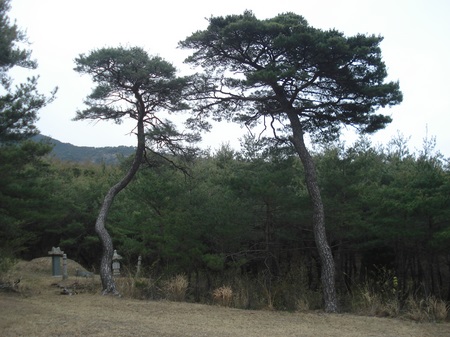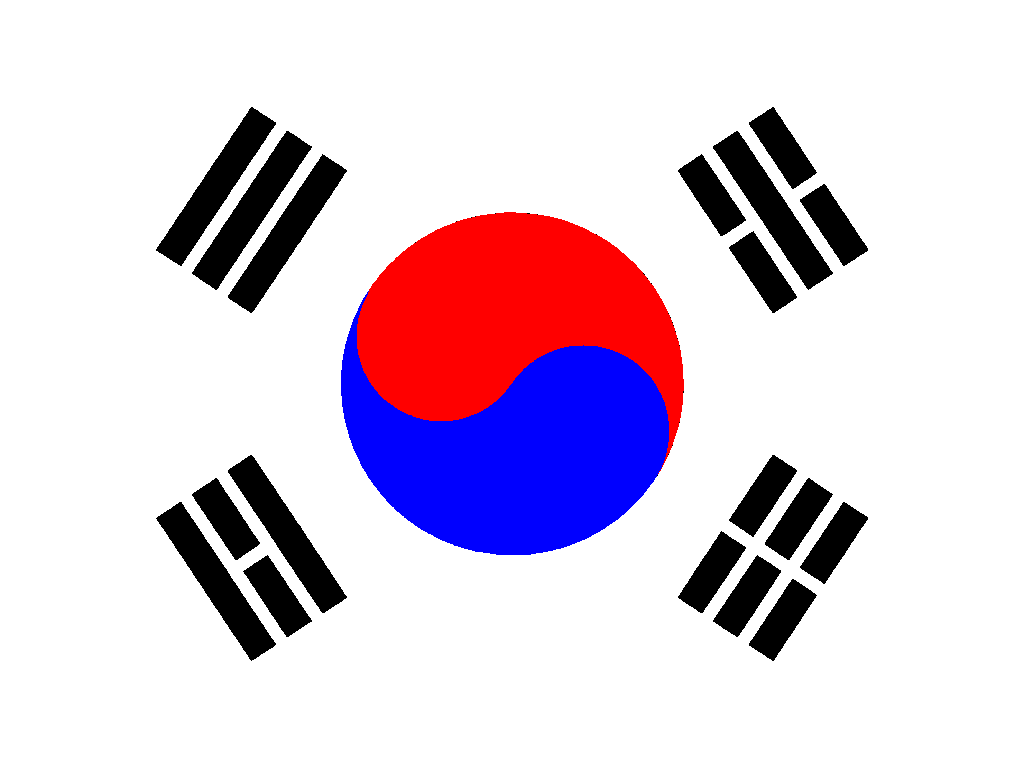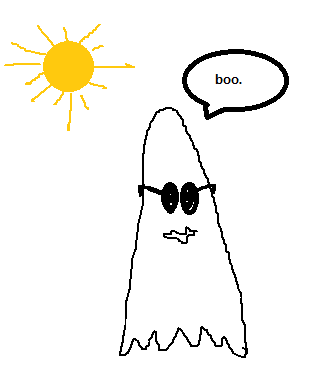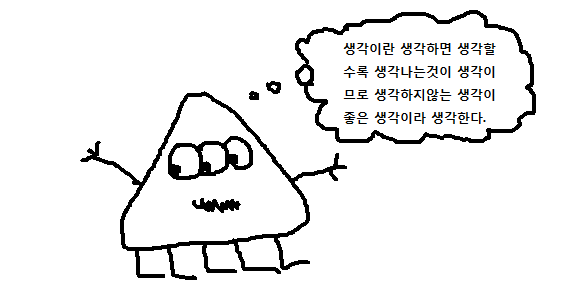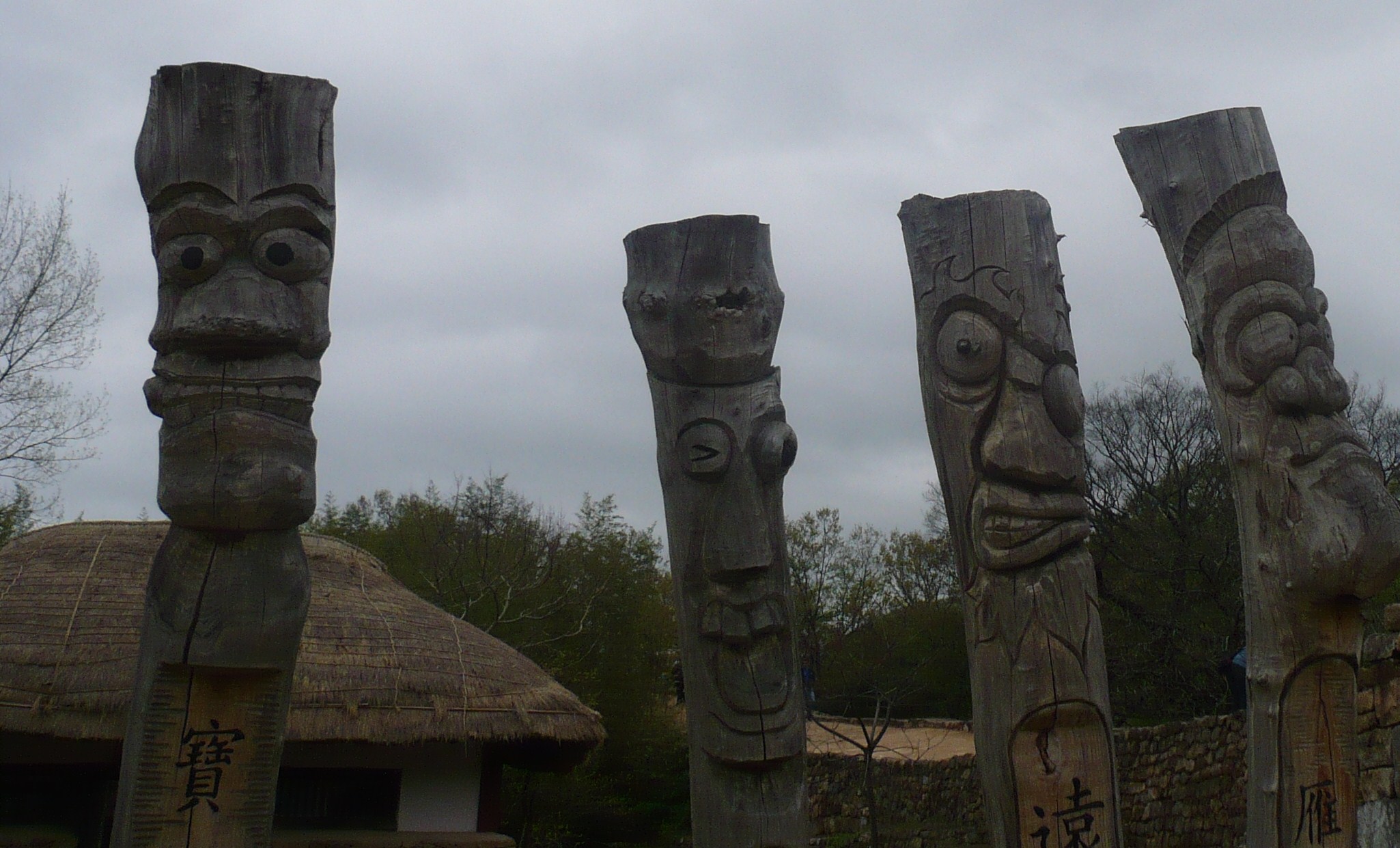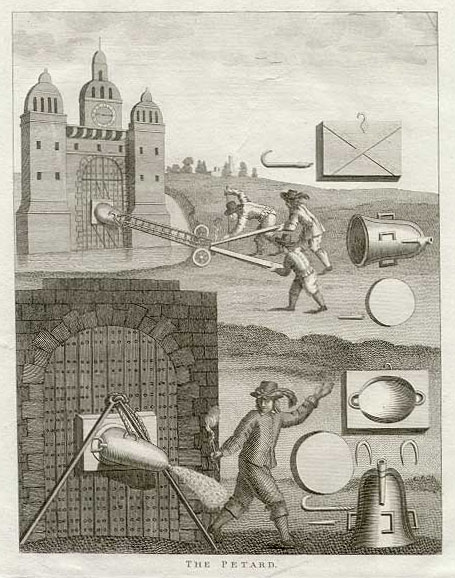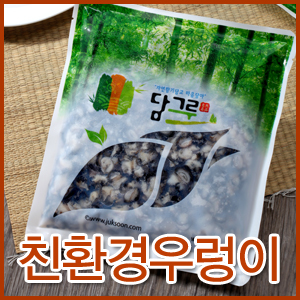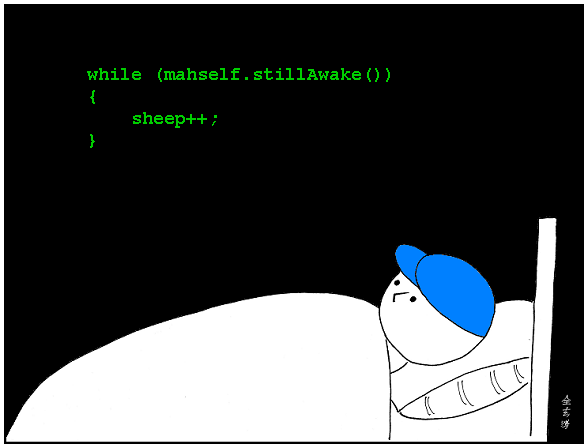This is another aphorism from my aphorism book.
배안에 할아비는 있어도
bae·an·e har·a·bi·neun iss·eo·do
womb-in-LOC grandfather-TOPIC have-TOO
배안의 형은 없다
bae·an·ui hyeong·eun eops·da
womb-in-GEN older-brother-TOPIC not-have
Even if there is a grandfather in the womb,
there can be no older-brother in the womb.
This aphorism is not so translatable as most I have examined – it relies on some specific semantic features of Korean family-relation vocabulary vis-a-vis cultural conceptions of interrelatedness.
Firstly, a “grandfather” (할아비 [har·a·bi]) here is not just your mother’s or father’s father, but also other people of their generation – what we call great uncles (not to mention great-uncles’ friends and peers) in English. So “grandfather” is actually a rather misleading translation. The consequence is that it is, in fact, just barely possible to have a “grandfather” on this meaning who is “in the womb” – i.e. younger than oneself. Consider the rare but conceivable case of a person’s widowed great-grandfather taking a young bride and having another child late in life. By this definition, that child, a (half-)sibling (or generational peer) of the person’s own grandfather, is also a “grandfather,” despite being younger than that person.
Secondly, “older-brother” here is a somewhat inadequate translation for 형 [hyeong]. It can also mean unrelated people in a slightly older (fractionally higher?) generation than oneself. To my brother Andrew, I am hyeong, but so are my peers and friends. He should address all of us that same way. But what’s important for understanding this aphorism is that, unlike the term used for “grandfather,” it’s not the generational split that is definitional but rather the actual age difference. The consequence is that it is quite impossible to have a hyeong younger than oneself, because it violates the definition of the concept.
As far as what this aphorism means – well, I have no idea, really. I suppose it might be a sort of sideways reference to the awkwardness of those May-December marriages when they produce offspring, and how it can mess up one’s conceptions of the proper relations between the generations.
As an additional note, the word 할아비 [har·a·bi] gave me difficulties in itself. I assumed it meant grandfather, as that was what it transparently was to me. I’m sure I’ve heard it or run across it before, and it is a phonologically plausible reduction of the “correct” form: 할아버지 [har·a·beo·ji]. Yet in fact this particular version of the word is not to be found in Korean-English dictionaries. It appears to be “slangy” at some level. The Korean-Korean dictionary clarifies:
1) ‘할아버지’나 ‘할아범’을 홀하게 이르는 말.
[“grandfather” or “grandpa” carelessly spoken]
2) 할아버지가 손자, 손녀에게 자기 자신을 이르는 말
[as spoken by a grandfather referring to himself when addressing grandchildren]
Well, that makes sense. There are sometimes some quite annoying errata and lacunae in the universal Korean-English lexicon we all have to use (by which I mean there is, in fact, only ONE Korean-English dictionary out there in the universe, which everyone pirates from each other – the web dictionaries and the electronic dictionaries copy from the print dictionaries which copy from each other, and they all inevitably always show the same mistakes, the same missing elements, etc.).
Still, when I was searching for this particular missing term, I found that it crops up in weird places that seem to be of (much) higher formality, e.g. it shows up in the hanja dictionary, where it’s given as the gloss for 祖 [조], and I ran across it in a list of divergent terms for 평안 [North Korean] dialect, where 하내비 is given as the North Korean term versus the “standard Korean” 할아비 – yet it clearly isn’t quite standard, it seems to me, at least according to the dictionary.
Other vocabulary notes for Korean
성실 = devotion, faithfulness, integrity (overheard at work)
홀하다 = to be careless, to be negligent, to be rash
이르다 = to tell, to inform, to address (in speaking?)
똑똑하다 = to be smart, to be bright
인정하다 = to admit, to acknowledge, to accept, to recognize
/ ~ 인정해야 해요 = [I] have to admit (recognize) that ~
자기 [自己] = oneself
Only 300 words!
Recently in a discussion with my TOEFL2 class they observed that they have to memorize a list of about 300 words each week (300! each week!), and I felt embarrassed to realize that after 6 years (6 years!) in Korea, my Korean active vocabulary is probably at most about 300 words of Korean.
I instantly felt very depressed, and decided I needed to redouble my efforts to learn Korean vocabulary – not that “redoubling” nothing really leads to a much higher rate-of-return. Anyway, I’m going to try to return to my old custom of attaching Korean vocabulary I’m trying to learn to the the bottom of blog posts, even though I realize almost no one has any interest in this information. By posting it here, though, it keeps my efforts visible to myself, where I might thus take more time to study.
… Blog as aide-memoire.
[daily log (1100pm): walking, 5.5 km]

